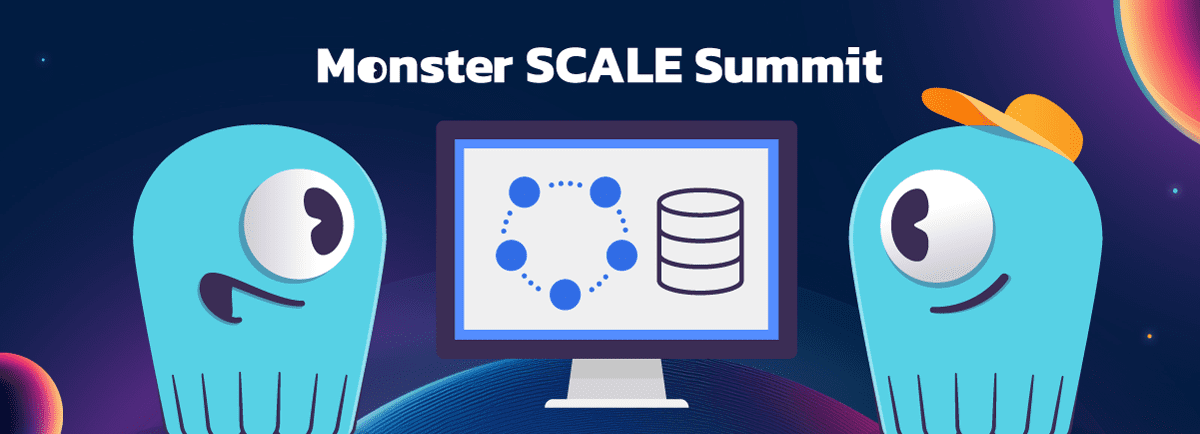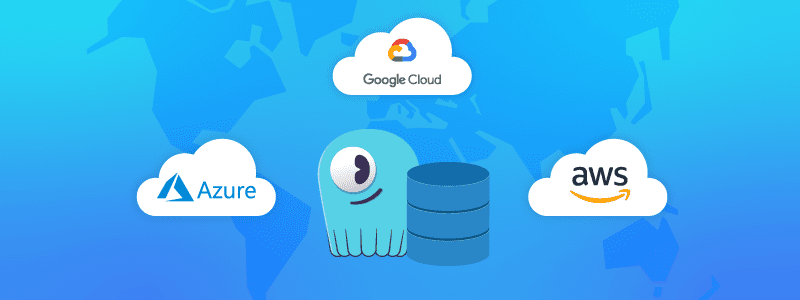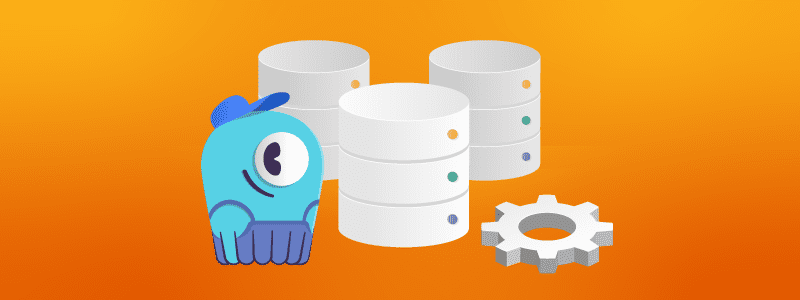Open to access this content
Archives: Courses
S908: ScyllaDB Labs 2025
Open to access this content
S906: ScyllaDB University LIVE, 2025: AI Track
Open to access this content
S905: ScyllaDB University LIVE, 2025: Core Track
Open to access this content





